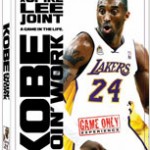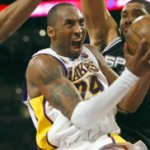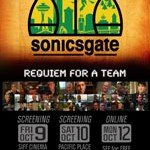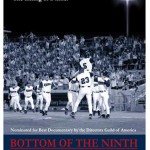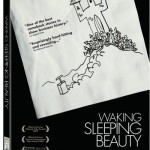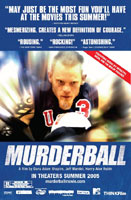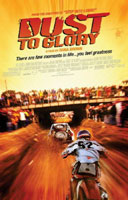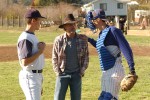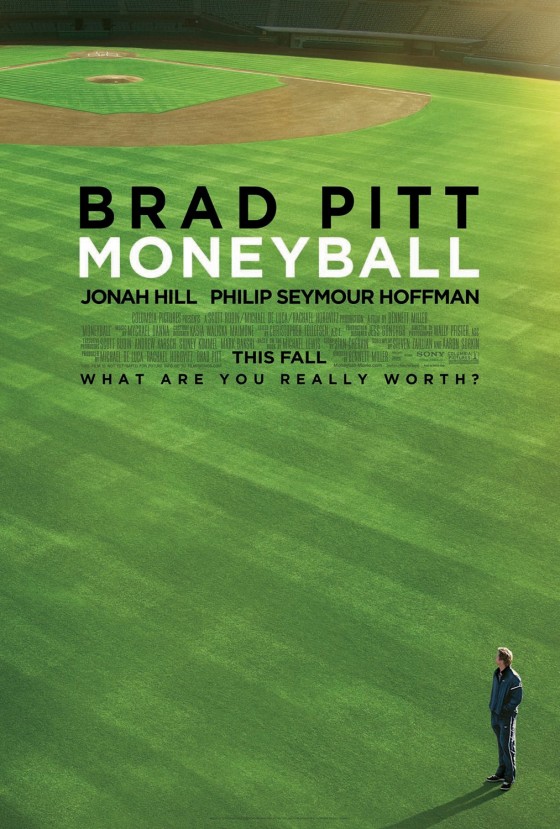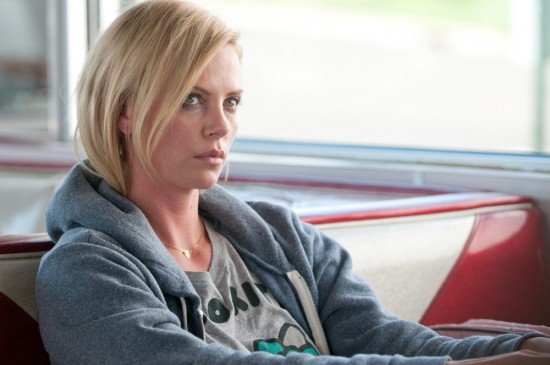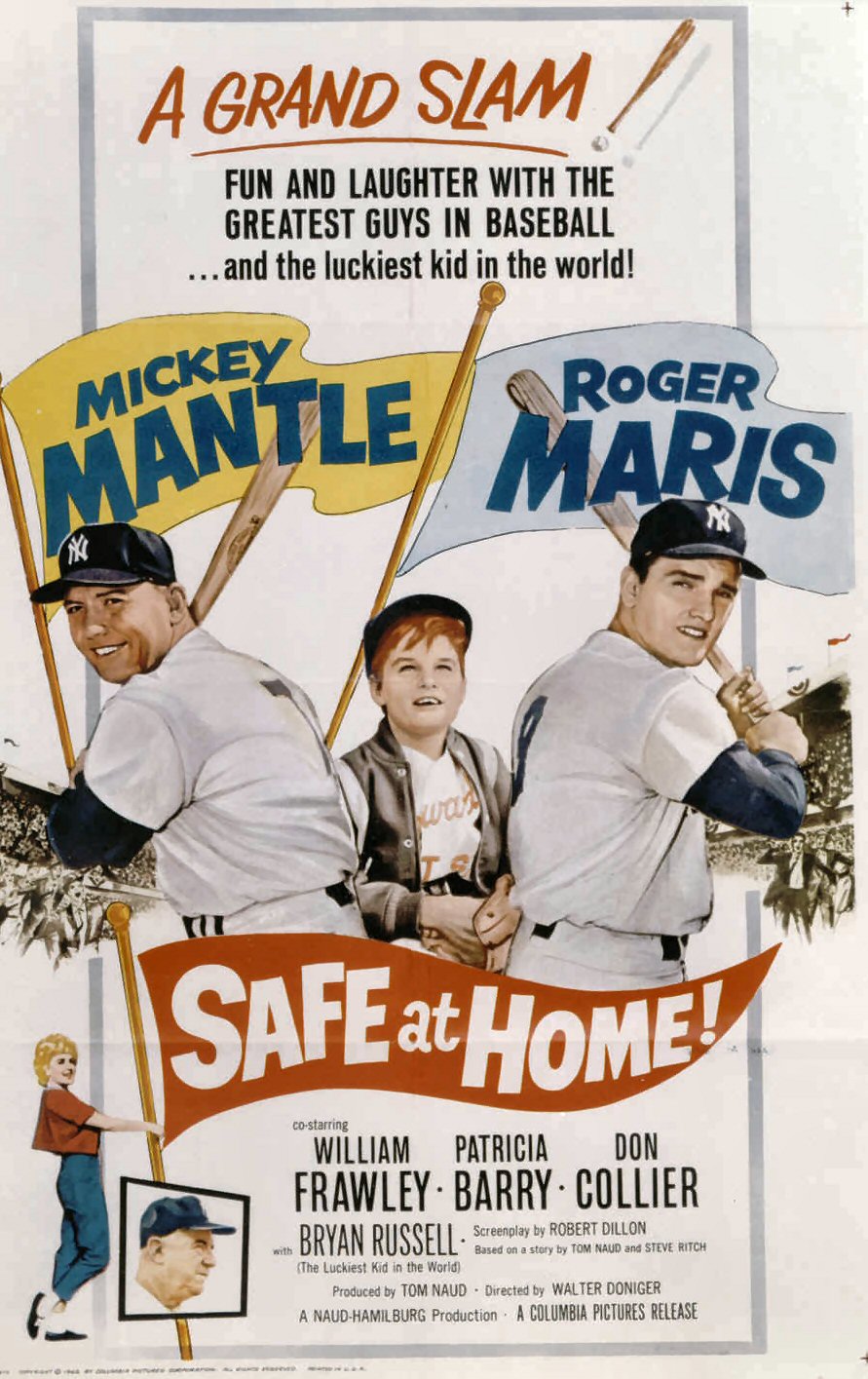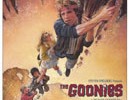Los Angeles Lakers superstar Kobe Bryant is one of the best basketball players on the planet. Nobody who even casually follows the sport is going to argue that. While his persona and exploits may cause some to question his spot as a role model, the numbers don’t lie. Bryant’s won championships, scoring titles and all sorts of awards. His merchandise and memorabilia are amongst the top sellers in the league. Alongside Lebron James, Kobe Bryant is the face of professional basketball in the world today. And even if you don’t like him or his team, you’ve got to respect his game. And it would take a diehard New York Knicks fan to back that claim up. In Kobe Doin’ Work, director Spike Lee follows Bryant around for one pivotal day in April, 2008 where the Lakers’ tone heading into the post-season would be established and Bryant would likely cement his place as the league’s Most Valuable Player or surrender the award. Despite some great game action and an in-depth narration from Bryant himself, the documentary falls into the trap of glitz and glamor distracting from the subject matter it’s intending to celebrate.
Bryant entered the league in 1996 as a high school graduate and quickly matured beyond what one would expect from someone at such a young age. Within a few years he was part of a dominant Lakers franchise but he ended up sharing the spotlight with Shaquille O’Neal. The two separated ways and Bryant showed that he was the real deal, being the clear leader on a deep-benched Los Angeles squad that won the 2009 NBA Championship. But it took some time to get there. The year prior, the Lakers were one of the elite teams in the league. As the regular season was winding down, it came down to the Lakers and San Antonio Spurs for who would finish first in the Western Conference and inevitably carry home-court advantage throughout the playoffs.
I love the hook of Lee’s documentary. He storms in on arguably the most important game of the season. The set-up is minimal. He just wants to get down to action. The majority of the film follows Bryant on the court with number 24 narrating the whole time. Thirty cameras follow Bryant, ensuring that he’s caught from every possible angle. And this is the film’s biggest issue.
For every part of the action, there seems to be all sorts of angle switches, speed changes and repetition. It’s distracting and, honestly, doesn’t feel very disciplined. I’m not against rapid cutting, but it needs to still flow. Often it goes something like this: Bryant goes up for a jumper and just as he’s reaching his peak the camera switches, then it switches again and again. It’s often hard to keep up with and makes it difficult to establish the game’s flow or even the situation. I think tighter editing would have fixed this a lot, however this is the Lakers and Showtime that’s on display. The franchise has long been about razzmatazz and ferocity so what better way to reflect it than through lots of angles and fast cuts.
Bryant’s commentary is a lot like the kind you hear on a DVD. He’s a director on the court and he breaks down various plays with great precious and thought, revealing what was going through his head at the time. It’s about as intimate a portrayal as one could get for a modern sports warrior in battle. It’s just unfortunate that the camera work gets in the way.
After watching Kobe Doin’ Work, I do have a greater respect for Bryant as a player and athlete. I also appreciate how Lee, perhaps the most famous basketball fan from outside the game on the planet, put his allegiances aside and respectfully portrayed one of his team’s main foes.
Kobe Doin’ Work DVD Review
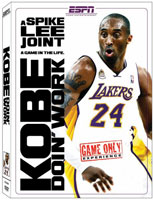
The MVP Limited Edition release of Kobe Doin’ Work presents the film in good form with a couple of relevant bonus features that dig a little deeper. The film is shown in widescreen format (1.78:1 aspect ratio) with English Dolby Digital 5.1 Surround Sound. The main track isn’t censored but you can also view it with the edited cut that aired on television, which includes a couple of cuss words here and there. There’s also a track that cuts the talking entirely and lets the spotlight game play out on its own.
Director Spike Lee checks in for a brief introduction as well as offering his thoughts on Bryant’s commentary skills. Two deleted scenes show much of the fourth quarter that was largely ignored in the final film, as well as a post-game press conference. Other features include a photo montage that has lots of interesting shots of Bryant and the game, a music video for the Bruce Hornsby song “Levitate” and a brief two-minute behind-the-scenes featurette. Loose in the DVD was a Kobe Bryant trading card from Upper Deck, exclusive to the release.
Kobe Doin’ Work Gallery
